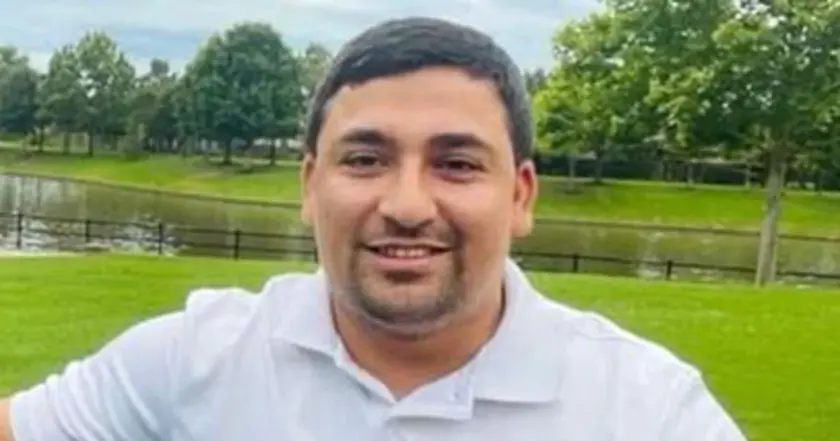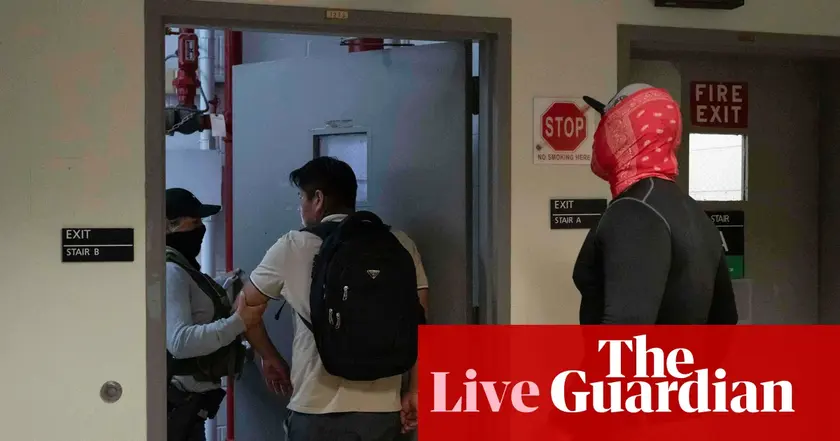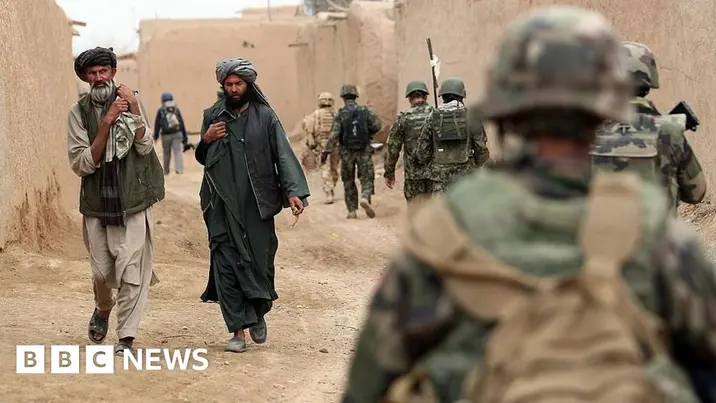T4K3.news
Afghan Interpreter Killed in Houston
Abdul Niazi, an Afghan interpreter and community advocate, was killed in Houston amid a dispute tied to immigration paperwork; a suspect faces murder charges and new legal issues.

The death of Abdul Niazi in Houston raises questions about safety for refugees and the handling of immigration cases.
Afghan Interpreter Killed in Houston After Fleeing Taliban
Abdul Niazi, 34, a former U.S. Marine interpreter who lost both legs in Afghanistan, built a new life in Houston after arriving on a special immigrant visa. He became a visible advocate for Afghan migrants, running a small business that helped recent arrivals with services and paperwork. On March 26, as families prepared to break the day’s fast, a client found him fatally stabbed in his office. Prosecutors say the suspect, Masiullah Sahil, had previously sought help from Niazi with immigration documents and attacked him after growing frustrated with the pace of his refugee status case. Niazi’s death stunned his circle and left a void in Houston’s Afghan community.
Sahil is charged with first-degree murder and, on the same day a judge ordered his release due to delays in indicting him, a witness-tampering charge was added. The district attorney’s office says the case is under review as prosecutors work to proceed under Texas law. Friends describe Niazi as the community’s backbone, a man who cared for others even as he faced his own physical limits. The investigation continues as his family grieves and calls for accountability for what they view as failures in the system.
Key Takeaways
"Abdul was like the backbone of the community"
Said by Niazi's friend about his role in Houston's Afghan community
"What if he’d gotten out and came and killed his wife and kids"
Said by Bayan about the risks of release in the case
"Pay me when you can"
Niazi's ethic for helping refugee families
"It’s insane. It feels like the universe is crazy"
Remington's reaction to the turn of events
The case highlights a troubling link between bureaucratic delays and real danger. When a security threat emerges, the gap between processing times and timely action can become a deadly weakness for people who rely on public structures for protection. Afghan interpreters like Niazi built bridges between U.S. forces and local communities; their safety should not hinge on the speed of a paper trail. This tragedy fuels questions about how courts handle indictments in high-stakes cases and whether support networks for refugees are adequately funded and coordinated.
Beyond the courtroom, the incident raises policy questions about how to balance due process with public safety. Advocates will push for reforms that speed up immigration decisions, improve oversight of bail decisions in sensitive cases, and expand community-based resources for refugees already navigating trauma and resettlement. The goal is not to punish a single individual but to reinforce a system that protects those who risk their lives to serve others.
Highlights
- Abdul was like the backbone of the community
- What if he'd gotten out and came and killed his wife and kids
- Pay me when you can
- It’s insane, it feels like the universe is crazy
Political and sensitive issues tied to asylum and public safety
The case ties a violent crime to delays in immigration processing, inviting political scrutiny and potential backlash. It also tests trust in public institutions as they balance due process with community safety.
The tragedy should prompt a closer look at how support systems and justice processes intersect with the lives of those who aided others in wartime.
Enjoyed this? Let your friends know!
Related News

Lawmakers call for release of detained Afghan interpreter

Betsy Lewis, 75, celebrates life after stopping cancer treatment

Jessyca Mullenberg tells her story of survival

International concerns grow over Gaza conflict

Trump administration releases MLK FBI records

The Odyssey gains renewed attention

Thousands of Afghans secretly resettled in the UK after data leak

UK creates Afghan relocation scheme after data breach
